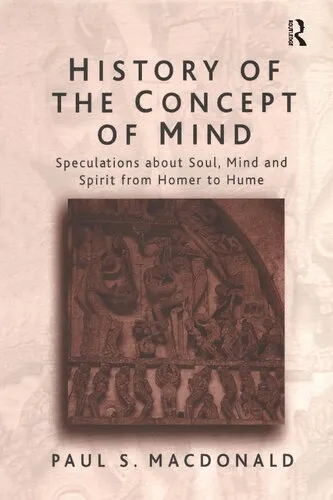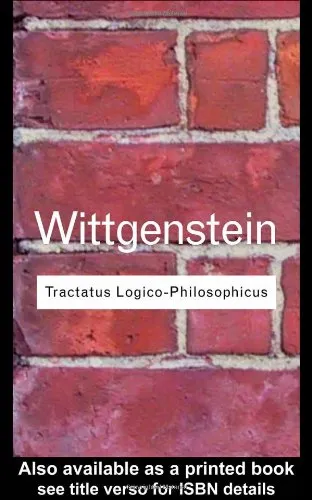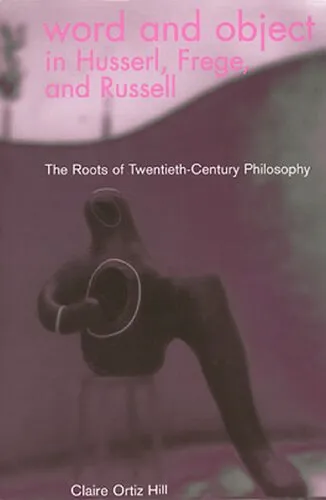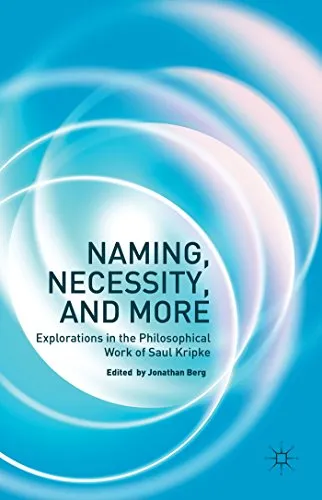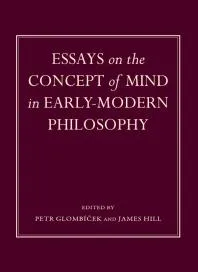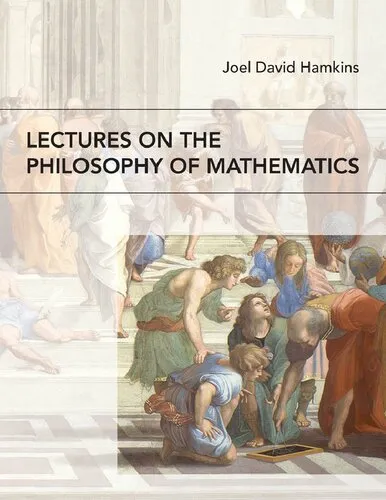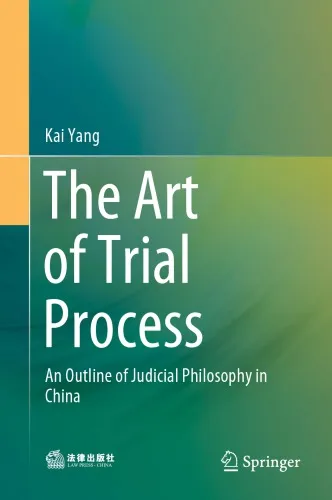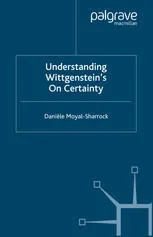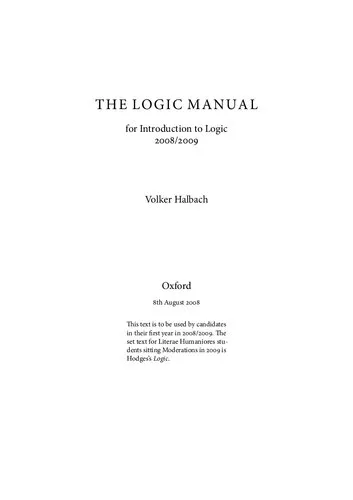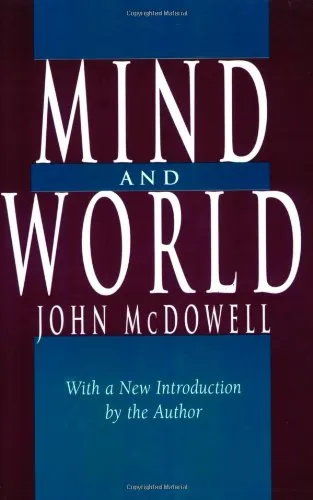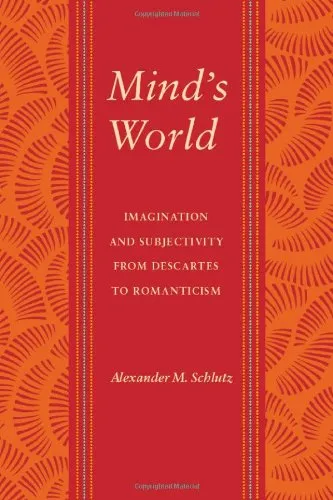History of the Concept of Mind: Volume 1: Speculations About Soul, Mind and Spirit from Homer to Hume
4.5
Reviews from our users

You Can Ask your questions from this book's AI after Login
Each download or ask from book AI costs 2 points. To earn more free points, please visit the Points Guide Page and complete some valuable actions.Related Refrences:
Introduction
The exploration of the human mind has fascinated scholars for centuries. In "History of the Concept of Mind: Volume 1: Speculations About Soul, Mind and Spirit from Homer to Hume," Paul S. Macdonald embarks on a comprehensive journey tracing the philosophical evolution of the ideas surrounding the soul, mind, and spirit from ancient to early modern times. This book serves as an invaluable resource for those interested in the genesis and transformation of thought concerning our inner lives.
Detailed Summary of the Book
In this inaugural volume of the series, Macdonald meticulously charts the intellectual lineage from ancient Greek perceptions to those of the Enlightenment figures. The book delves into how different civilizations and philosophers conceived of the mind, illustrating diverse interpretations from mystical, religious, and rational perspectives.
Beginning with Homer, Macdonald examines how early literary and philosophical texts approached concepts of consciousness and self-awareness. He traces the evolution of these ideas through the Pre-Socratics, Plato, and Aristotle, highlighting the shift from mythological explanations to more analytic approaches that began to lay the groundwork for scientific exploration.
The narrative proceeds through the Middle Ages, where the interplay between philosophical and theological debates intensified, reflecting on the contributions made by Christian, Muslim, and Jewish scholars. The Renaissance rekindled classical knowledge, further invigorating discussions on human nature and consciousness, which Macdonald expertly explores.
Finally, the book transitions into the era of modern philosophy, examining the profound shifts initiated by rationalists and empiricists like Descartes, Locke, and Hume, who reshaped the landscape of understanding the mind through reason and experience, setting the stage for future exploration in psychology and cognitive science.
Key Takeaways
- The concept of the mind has undergone significant transformations, influenced by cultural, religious, and scientific changes over centuries.
- Philosophers have continually sought to balance mystical and analytical interpretations of the soul and consciousness.
- Each era has contributed unique perspectives, laying the groundwork for modern cognitive science and philosophy of mind.
Famous Quotes from the Book
"The history of the concept of mind is one of the most profound and far-reaching aspects of human intellectual development."
"What we gain from understanding the past is a deeper appreciation of the complexity and richness underlying contemporary notions of self and consciousness."
Why This Book Matters
Paul S. Macdonald's "History of the Concept of Mind" offers a thorough examination of the intellectual developments that have shaped our current understanding of the mind. It matters because it provides context to modern debates and invites readers to appreciate the philosophical heritage that continues to influence contemporary discussions on consciousness and identity. By tracing these historical trajectories, the book enables a deeper comprehension of how past ideas persist in current scientific and philosophical inquiries.
Designed to be accessible yet detailed, this volume is indispensable for students of philosophy, psychology, and history of ideas. It illuminates the critical junctures and thought processes that have led to current conceptions, encouraging readers to engage with both historical and modern perspectives thoughtfully.
Free Direct Download
You Can Download this book after Login
Accessing books through legal platforms and public libraries not only supports the rights of authors and publishers but also contributes to the sustainability of reading culture. Before downloading, please take a moment to consider these options.
Find this book on other platforms:
WorldCat helps you find books in libraries worldwide.
See ratings, reviews, and discussions on Goodreads.
Find and buy rare or used books on AbeBooks.
1437
بازدید4.5
امتیاز0
نظر98%
رضایتReviews:
4.5
Based on 0 users review
Questions & Answers
Ask questions about this book or help others by answering
No questions yet. Be the first to ask!
